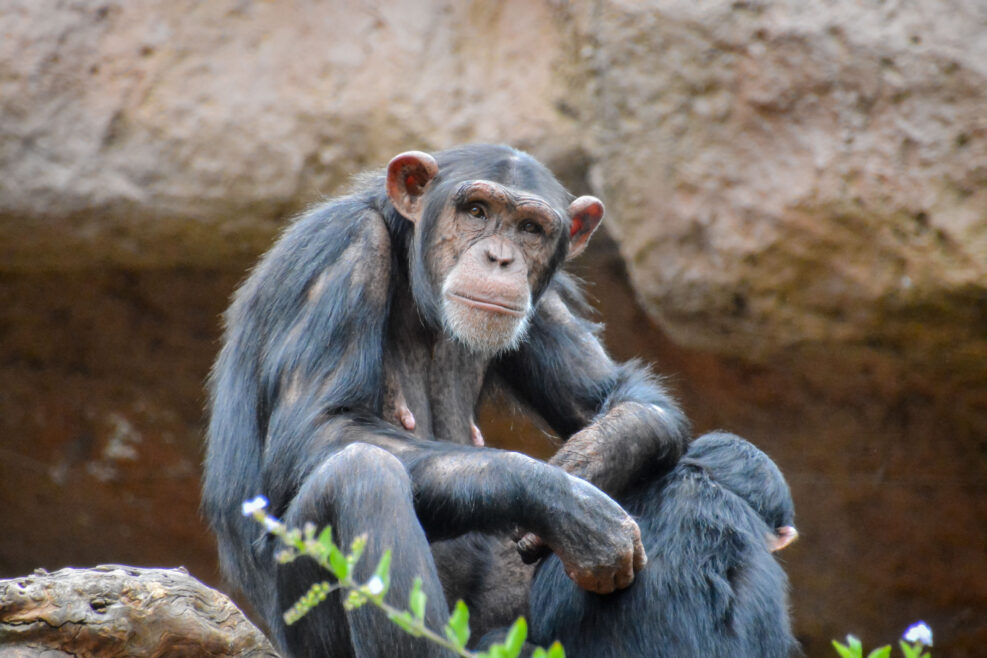
Firefly: Can Science Fiction Reimagined As The Wild West Work?
I strongly recommend the original 2002–2003 series for its careful development of the culture that grows up around world-building (terraforming)I recently read an article in Screen Rant which claimed that Disney+ was planning a Firefly series remake. A trailer for the original: Five hundred years in the future, a renegade crew aboard a small spacecraft tries to survive as they travel the unknown parts of the galaxy and evade warring factions as well as authority agents out to get them. (2002-2003) When I heard this rumor, I felt like Darth Vader screaming No! into the void and wanting to choke something. Since Disney+ has a reputation for producing films which are nothing short of family-friendly abominations, it isn’t surprising that the fandom mobbed Twitter, demanding that the Mouse stay away from their beloved sci-fi franchise. So far, there has Read More ›


















